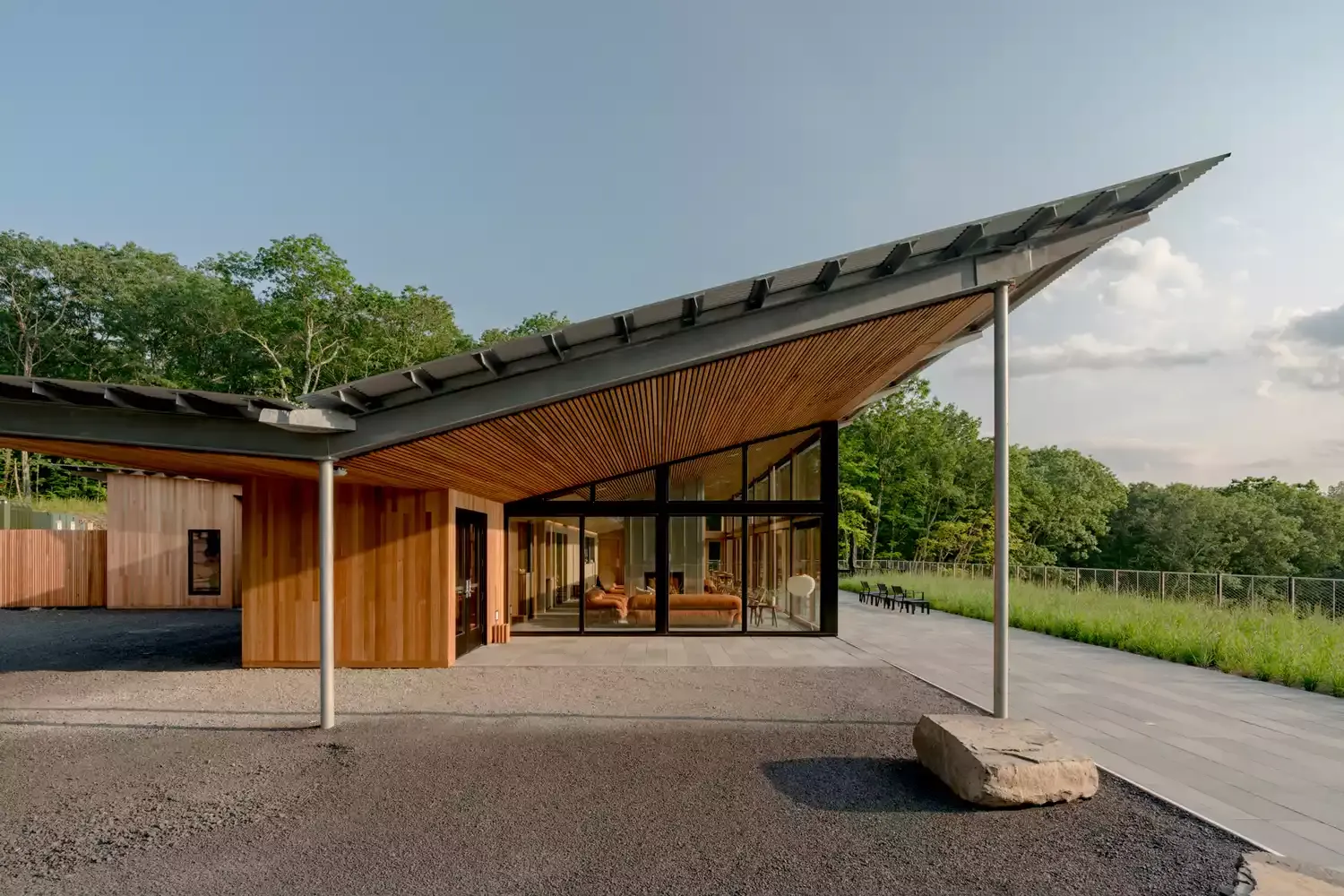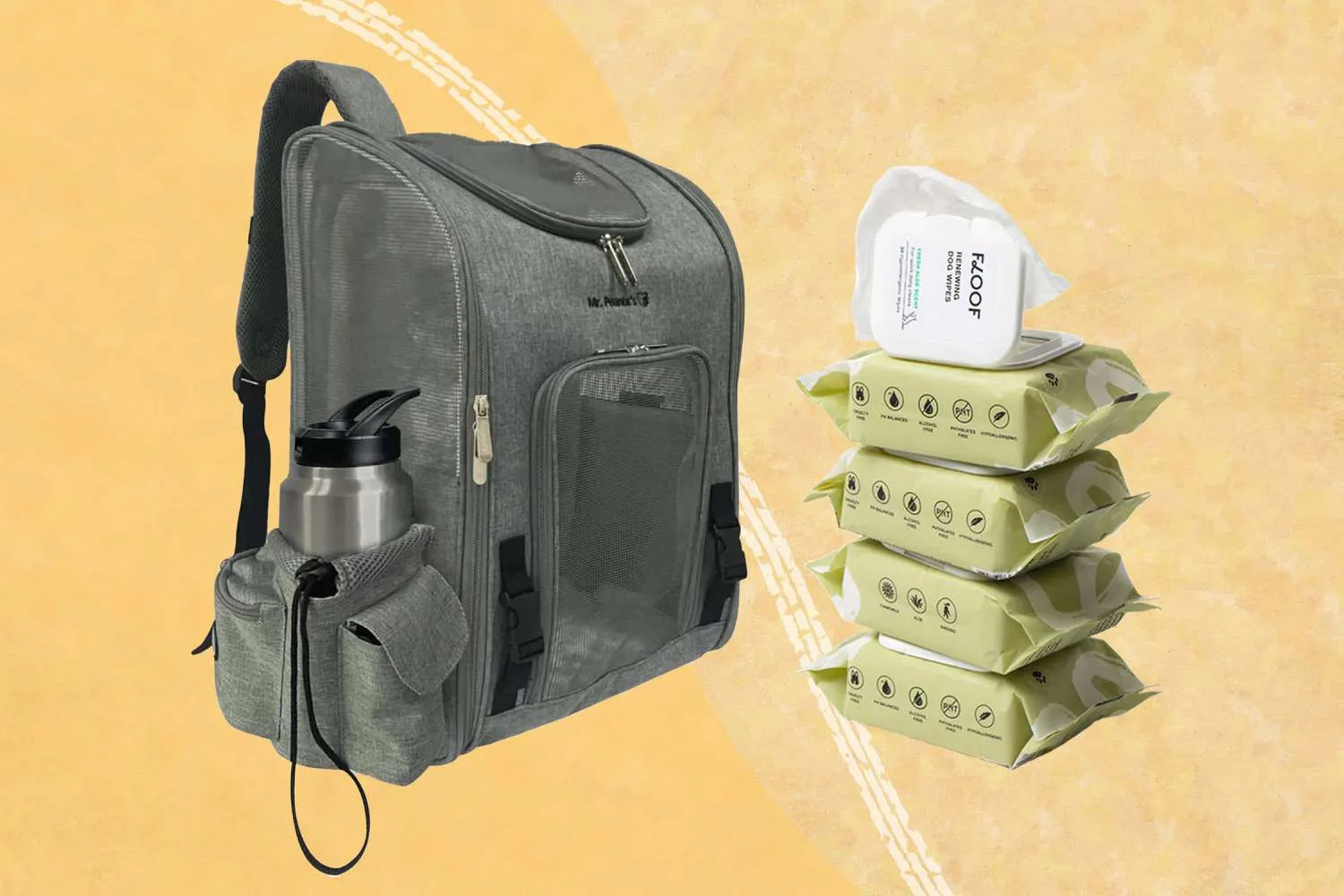
In today's fast-paced world, true wellness often lies in intentional deceleration. Slowing down allows for mindful presence, reduces stress, and fosters deeper connections with ourselves and surroundings. Embrace the power of rest and recovery. Prioritize self-care by incorporating activities that nourish your mind, body, and soul. Ultimately, find sustainable ways to achieve lasting well-being by embracing a slower pace.
The concept of slowing down challenges the prevailing narrative of "more is better." It suggests that constantly striving for peak performance and pushing ourselves to the limit can actually be detrimental to our physical and mental health. This is where the idea of intentional deceleration comes in. It's about consciously choosing to prioritize rest, reflection, and mindful engagement with the present moment, even when everything around us encourages us to speed up.
The Benefits of Embracing a Slower Pace
The advantages of slowing down are far-reaching and touch upon various aspects of our lives. Here are some key areas where a more deliberate pace can significantly improve our well-being:
Reduced Stress and Anxiety: Constant pressure and a packed schedule lead to chronic stress. Slowing down allows us to reduce the production of cortisol, the stress hormone, leading to a calmer and more centered state.
Improved Mental Clarity: When we're constantly rushing, our minds become cluttered and it’s difficult to focus. Taking time for reflection and mindfulness helps to clear mental fog, allowing for better decision-making and problem-solving.
Enhanced Creativity: Creativity thrives in moments of stillness. Slowing down provides the space and quiet needed for new ideas to emerge and flourish.
Stronger Relationships: Rushing through interactions with loved ones can damage relationships. Taking the time to truly connect and listen fosters deeper bonds and strengthens our sense of belonging.
Increased Self-Awareness: Slowing down allows us to tune into our inner selves, to understand our needs, desires, and limitations. This self-awareness is crucial for making choices that align with our values and lead to a more fulfilling life.
Better Physical Health: Chronic stress has a direct impact on our physical health, increasing the risk of cardiovascular disease, digestive problems, and weakened immunity. Slowing down helps to mitigate these risks.
Practical Ways to Slow Down
Slowing down isn't about becoming lazy or unproductive. It's about being intentional with our time and energy. Here are some practical steps you can take to cultivate a slower, more mindful pace of life:
Schedule Downtime: Treat rest and relaxation as important appointments. Block out time in your schedule for activities that nourish your soul, such as reading, spending time in nature, or simply doing nothing.
Practice Mindfulness: Incorporate mindfulness practices into your daily routine, such as meditation, deep breathing exercises, or mindful walking.
Unplug from Technology: Limit your exposure to screens and social media. Designate specific times for checking email and social media, and avoid using technology before bed.
Say No: Learn to decline commitments that don't align with your priorities. Protecting your time is essential for creating space for what truly matters.
Prioritize Sleep: Aim for 7-8 hours of quality sleep each night. A well-rested body and mind are better equipped to handle stress and maintain overall well-being.
Connect with Nature: Spend time outdoors, even if it's just for a few minutes each day. Nature has a calming and restorative effect on the mind and body.
Cultivate Gratitude: Take time each day to appreciate the good things in your life. Gratitude shifts your focus from what's lacking to what's present and abundant.
Comparing Rushing vs. Slowing Down
To illustrate the contrast, consider these different approaches to common activities:
Activity |
Rushing |
Slowing Down |
|---|
Eating |
Eating quickly while multitasking, often on the go. Unaware of taste or texture. Potential for overeating due to lack of mindful awareness of satiety signals. |
Eating slowly and mindfully, savoring each bite. Paying attention to taste, texture, and aroma. Aware of fullness cues and stopping when satisfied. |
Communication |
Responding to emails and messages immediately, without taking time to consider your response. Interrupting others and rushing through conversations. |
Taking time to thoughtfully compose responses to emails and messages. Actively listening to others and engaging in meaningful conversations. |
Work |
Multitasking and constantly switching between tasks. Feeling overwhelmed and stressed. Increased risk of errors and burnout. |
Focusing on one task at a time. Taking breaks to rest and recharge. Increased productivity and reduced stress. |
Exercise |
Pushing yourself to the limit with high-intensity workouts. Ignoring your body's signals and risking injury. |
Engaging in gentle, restorative movement, such as yoga or walking. Paying attention to your body's needs and respecting your limitations. |
Reclaiming Your Time and Your Wellness
In a culture that often equates busyness with success, choosing to slow down can feel counterintuitive. However, it's a powerful act of self-care and a necessary step towards achieving true wellness. By embracing a more deliberate pace, we can reclaim our time, reduce stress, improve our mental clarity, and cultivate a deeper connection with ourselves and the world around us. It's about creating a life that's not just busy, but meaningful, fulfilling, and sustainable.
So, take a deep breath. Step away from the chaos. And remember that sometimes, the most profound path to well-being lies in slowing down, way down.


















